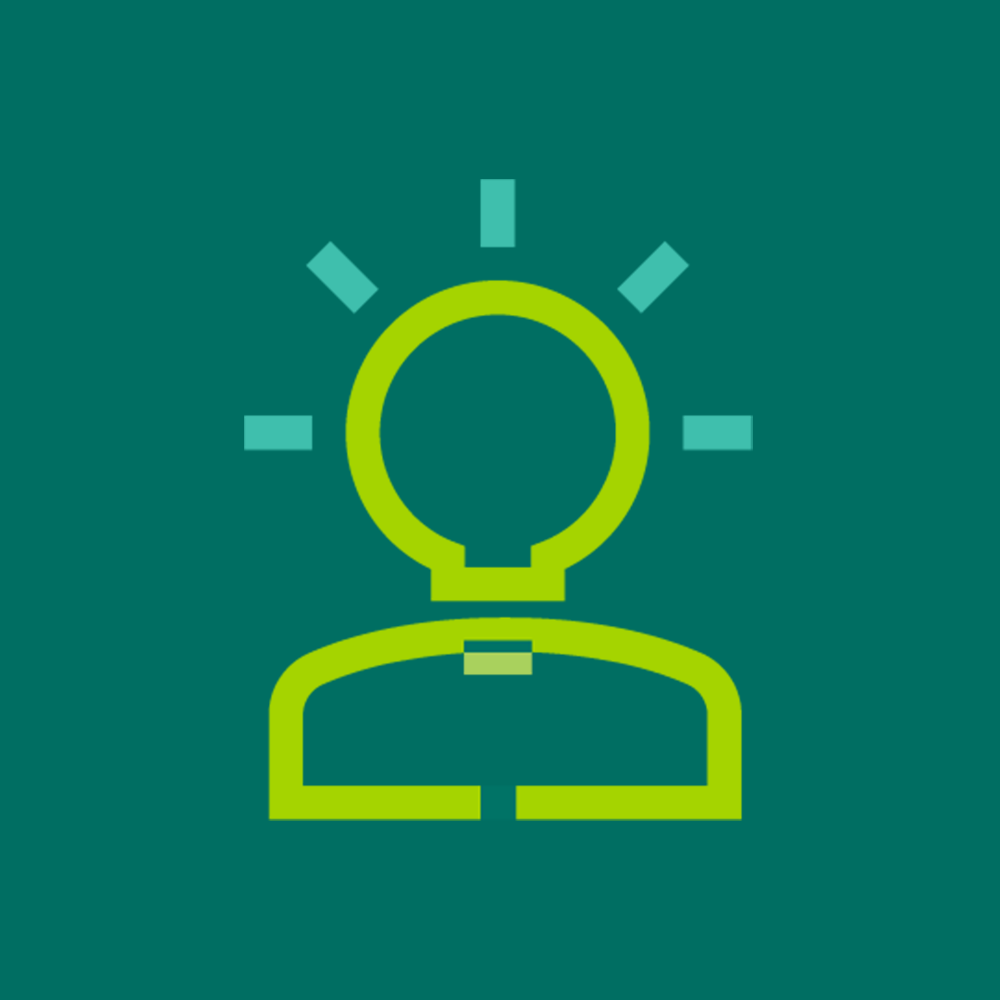Empowering Ideas With App Development for Business Students
My students often describe their phones as extensions of their identities, capturing their interests, memories, and connections in ways that allow them to interact and influence the world around them. In 2008, Apple started the app revolution with the launch of its App Store. In less than a decade, a new industry has been built around app design and development, generating over 1.5 million U.S. jobs and earning more than 120 billion USD for U.S. developers since 2008. Applications like Lyft, Disney, and LinkedIn are examples of apps built with Apple’s programming language Swift. Since Swift is beginner-friendly and easy to understand, it is a great way to introduce app programming in business school curriculum to enable new possibilities for our students.
Everyone Can—and Will Need to—Code
Technical literacy is a core skill in today’s digital economy, and providing technical skills to business students is now a necessity for their success in the era of artificial intelligence and machine learning. Companies like Twilio are offering their marketing, sales, human resources, and finance personnel crash courses in app programming to help them better understand their customers. Citigroup, Goldman Sachs, EY, and others have started computer programming boot camps for their auditors, traders, and analysts. I often receive questions from my business students about which programming courses they should take to demonstrate and signal these skills on their resumes.
Apple’s Everyone Can Code (ECC) initiative, which is designed to empower ideas and create positive change in the world, is well aligned with the mission and vision of Elon University’s Martha and Spencer Love School of Business—to “prepare our graduates to lead extraordinary lives with the skills and aspiration to make the future better for organizations and communities in which they serve.” Dean Raghu Tadepalli has been driving a greater focus on incorporating technical and quantitative education for business students by mandating proficiency in the use of R, Excel (obtaining Microsoft certification), and Tableau, so students can understand the role of technology and perform basic analytical computations across the curriculum.
The collaborative effort between Apple and Elon University started in October 2017, with AACSB leadership inviting 10 business schools to participate in an initiative to inform the development of Apple’s Everyone Can Code (ECC) curriculum within the context of business education. The program began by assigning a project lead from each university to connect with Apple and assemble a team made up of faculty from finance, entrepreneurship, and management information systems who receive regular updates on the project’s progress from their assigned project lead. I was invited by Dean Tadepalli to serve as Elon’s lead. In the same semester, we invited Apple’s education team to provide training on their ECC curriculum to our faculty.
Along with the other project leads, I visited Apple’s Austin, Texas, campus in August 2018 for a two-day workshop to learn about the basics of Swift, Xcode, Swift Playgrounds, augmented reality, and machine learning apps. We also learned about the teacher guides available to help faculty get started with basic programming using Intro to App Development with Swift: Teacher Guide, and advanced programming using App Development with Swift: Teacher Guide.
Upon my return from Apple’s headquarters, I presented highlights from the curriculum to faculty during a business school assembly meeting. To continue to build the faculty’s knowledge with Swift, I invited a computer science faculty member to teach a session on basic app development. This session included faculty attendees from entrepreneurship, management, marketing, and accounting.
A Coding Curriculum for the Business School
I am excited to offer our first App Economy course at the Love School of Business beginning in January 2020. The elective course for finance and analytics students will focus on fundamentals of app design using the App Development with Swift book, Harvard Business Review cases, design prototype with the user’s needs in mind, and coding examples demonstrating how to build a flashlight, tip calculator, personality quiz, and image recognition apps. One of the major intended outcomes of the course is to have students create a simple app of their design by the end of the semester. The course will be taught in a Mac computer lab that already has Xcode installed on its machines.
The delivery of the course will be based on a ScrumAge (Scrum and Agile education) teaching framework designed by Shannon Duvall et al. in 2018, using a variety of teaching methods (videos, online readings, Apple’s textbook, and lectures), sprints, and collaborative teams. The students will use an online Scrum board software (e.g., Trello) that allows burndown charts showing when outstanding work will be completed. Given the focus on teamwork in the structure of the course, a Teammates application will be used to enable students to evaluate each other’s work and to help each other improve their work.
In addition to the course, Elon University will offer an app development certificate program targeting female students using Pearson Certiport’s platform in 2020. For students who may be interested in studying the basics of Swift but not interested in obtaining the certificate, we plan to offer digital badges for app programming in January 2020, using the Intro to App Development with Swift book.
Learning the fundamentals of programming will help our students become more adaptable to future disruption, allowing them to gain a deeper understanding of how computer programs work and increasing their long-term career prospects.
As we build our app teaching model in the business school, we will provide a framework for students to engage with businesses in our local community and work on a yearlong service project to build apps for local businesses with students from the computer science and media analytics majors. We plan to document and share our app programming curriculum development through this blog and Elon’s Center for Organizational Analytics website, and through future AACSB and Apple events.
Ajjan started Elon University's Center for Organizational Analytics.





